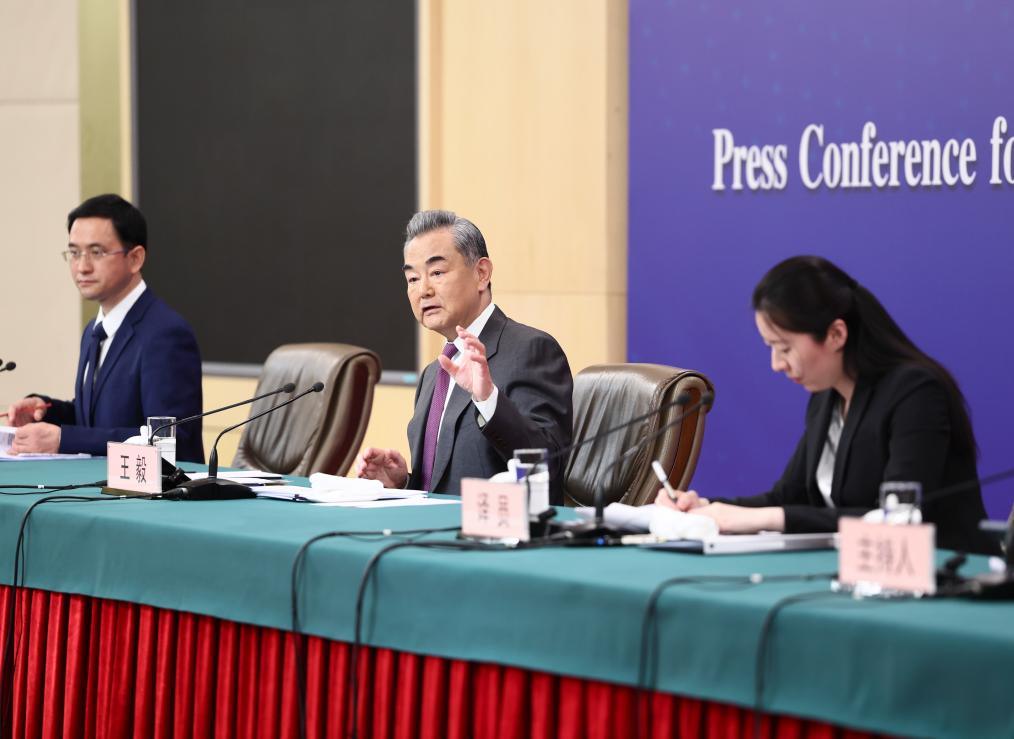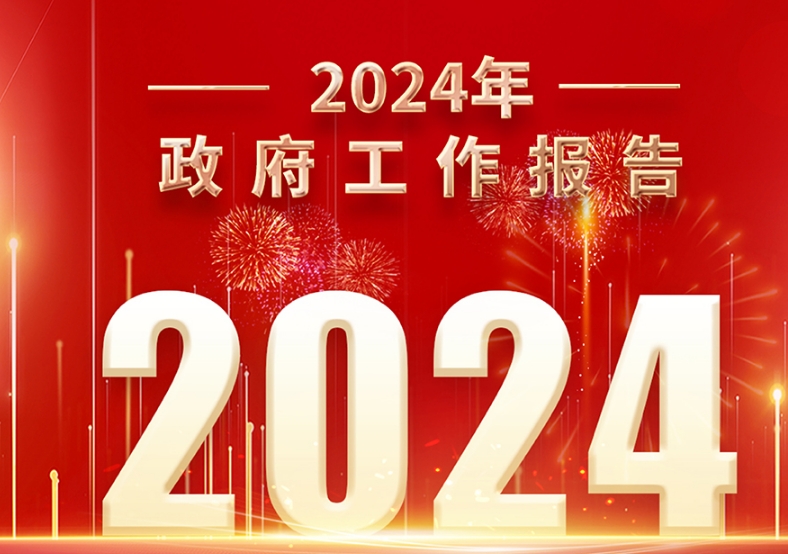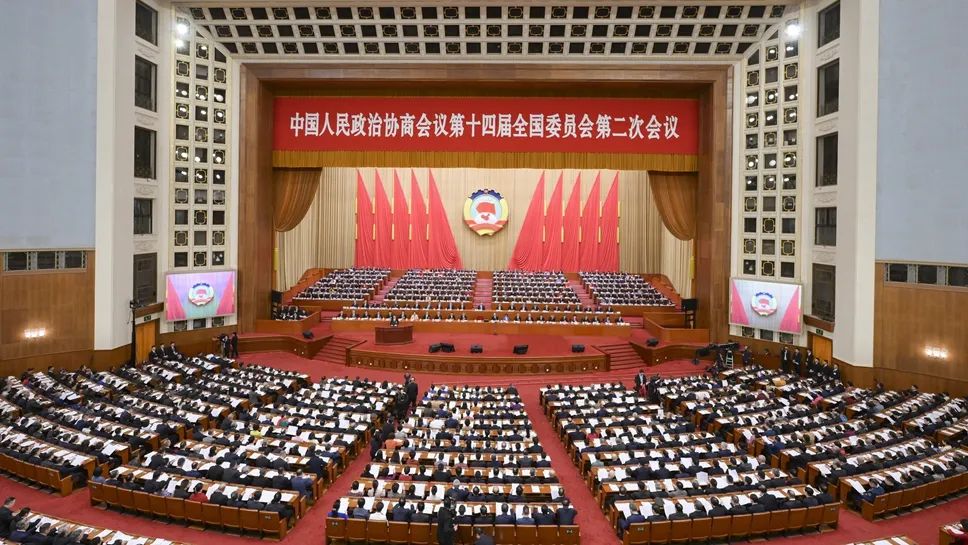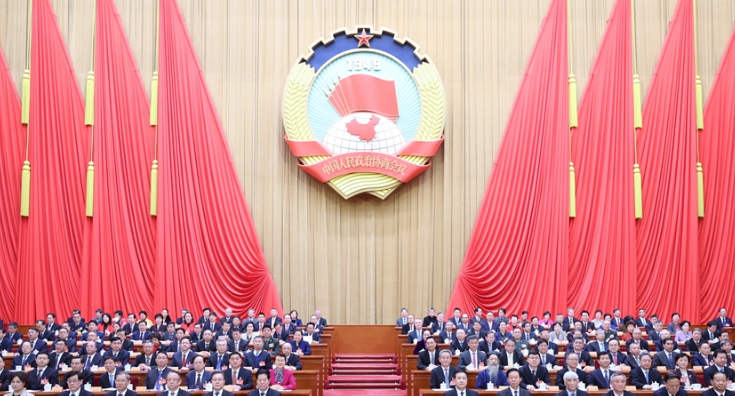 听力、脑记、笔记训练材料,未注册用户都是没有办法使用的,可惜! 听力、脑记、笔记训练材料,未注册用户都是没有办法使用的,可惜! |
刘晓明大使在英国社会科学院“中国在欧洲的复兴”论坛开幕式上的演讲
(2012年3月9日)
女士们、先生们,
很高兴出席“中国在欧洲的复兴”论坛开幕式。这是我首次参加英国社会科学院举行的活动,而且又是一个以中国为主题的活动,这在中国叫“好事成双”。
关于此次论坛的主题,我认为“复兴”这个词很有意思。顾名思义,中国在欧洲曾经非常“辉煌”。那么,这种曾经的“辉煌”是什么呢?我认为大概有物质和精神两个层面。
物质层面,就是中国的丝绸、瓷器和茶叶热销欧洲,丝绸和瓷器成为了深受欧洲上层社会青睐的奢侈品,茶叶则走进了欧洲普通民众的日常饮食。
精神层面,则来源于马可波罗对中国的夸张描写,他把中国描绘成东方最富有的国家,激起了欧洲人对中国的无限向往。
但是中国的一度光环被马戛尔尼使团在中国的亲眼见闻和之后的鸦片战争粉碎了。中国和欧洲之间的关系被历史无情地置换。因而,一百多年来,中国一直在政治、经济和文化等各领域努力学习欧洲,追赶欧洲。
那么为什么说现在“中国在欧洲复兴”呢?我认为,可能有这么几个直接因素:
一是中国经济这几年发展很快,经济总量连续超过了意大利、法国、英国和德国等欧洲大国,已经成为世界第二大经济体。
二是欧洲这几年经济较为困难,连续遭受了金融危机和欧洲危机的打击,信心有所不足,对中国的经济增长更加感到了压力。
三是中国外汇储备充足,企业积极“走出去”,中国对欧洲投资增速很快。
四是中国游客大量涌入欧洲,其购买力让欧洲感到兴奋。
对“中国在欧洲的复兴”该如何认识,我有三点基本看法:
一是中国和欧洲的关系今天本质上没有颠倒,并没有出现想象中的历史轮回。中国在发展,但欧洲并没有衰落,尽管目前遇到一些困难。
欧洲仍然是世界上最富裕的地区,大多数国家都是发达国家,中国仍然是发展中国家,而且是世界上最大的发展中国家,不过有了一个新称谓——“新兴经济体”。从人均GDP来说,中国与欧洲国家间的差距少则5倍,多达10倍。
二是中国的发展对欧洲是机遇,而不是威胁。中国转变经济增长方式,促进消费和扩大进口,这是欧洲制造企业和出口商的福音;中国努力促进产业升级,这有利于欧洲扩大技术出口,获取高额回报;
中国扩大对欧投资,这有利于缓解欧洲的资金紧张,也将增加当地就业和促进当地经济增长;中国人到欧洲旅游和学习,也将实实在在地增加欧洲国家居民的收入;
中国承诺将尽可能多地帮助欧洲解决债务危机,无疑对欧洲是“雪中送炭”。在全球化时代,中国和欧洲应当加强互利合作,努力实现共赢。
三是欧洲需要重新认识今天的中国。如果总是以意识形态成见和“冷战思维”来看待中国,则中国在某些人眼中必然是看不惯,看不顺。
如果多一点理解和尊重,多一点胸襟和包容,就会发现今天的中国对内求发展、改革,对外求合作、和谐;就会发现今天的中国人权不断进步,民生日益改善;就会发现今天的中国既取得了经济发展,也在实现政治、社会和文化的全面发展;就会发现中国的社会制度尽管与欧洲不同,但符合中国国情,有利中国的稳定和发展。
这几天,中国正在召开“两会”,如果仔细读一下温家宝总理的政府工作报告,你就会发现“改革”一词在报告中频繁出现了70次,这体现出中国不会满足于已经取得的成绩和现状,将继续开拓创新,与时俱进。
女士们、先生们,
今年是“中欧文化对话年”,本次论坛正是其中的一项重要活动。我衷心地希望大家秉承“2012年中欧文化对话年”的宗旨,通过对话加强沟通,通过沟通增进理解,通过理解促进合作,使中欧全面战略伙伴关系不断走稳、走实、走宽。
最后,预祝本次论坛取得成功!
谢谢。
Speech by Ambassador Liu Xiaoming at the Chinese Renaissance in Europe Workshop
Sponsored by The British Academy, 9 March 2012
Ladies and Gentlemen,
It is a great pleasure for me to address the conference on the Chinese Renaissance in Europe in the context of the China-EU Year of Intercultural Dialogue.
I am also honoured to join an event with such a distinguished host. The British Academy is the UK's National Academy for the humanities and social sciences. Its standing lends great authority to these proceedings.
The topic today is the Chinese Renaissance in Europe.
I find the choice of the word 'Renaissance' most interesting. Literally, it means the renewal of interest in a particular subject. This suggests there used to be immense European interest in China.
So looking back - what aroused the interest in China?
Records show that two millennia ago silk from China was in very great demand.
Later silk was joined by porcelain and tea from China. These imports fascinated the whole of Europe. Silk and porcelain were the most sought-after luxury goods of high society. Tea eventually became indispensable for ordinary people.
During the 14th century, Marco Polo's book became a European best seller. The description in his travels pictured China as the wealthiest country in the East. His book had a huge influence.
Yet, the rosy picture of China was smashed in more recent centuries, for example, through the Macartney mission and the Opium Wars that followed. Relations between China and Europe went through a U-turn and turned very negative.
Over the past century, China has been working hard to learn from and catch up with Europe in political, economic and cultural fields.
Then why are we now talking about the Chinese Renaissance in Europe?
These are some of the reasons:
• The Chinese economy has been growing very fast in recent years. It has overtaken Italy, France, UK and Germany and become the second largest economy. The speed and scale of industrialisation of China over the past 30 years is without precedent in world history.
• The confidence of Europe has been eroded. Over the past five years this has been caused by the international financial crisis and the European debt crisis. Europe feels under pressure in the face of China's fast economic growth.
• China has built up a large foreign exchange reserve. Chinese companies are going global. As a result, Chinese investment in Europe is growing fast.
• Chinese tourists have been coming to Europe in ever growing numbers. Their spending power has caught the attention of retailers and the media.
So how should we understand this Chinese Renaissance in Europe?
I want to share with you the following three points:
Firstly, there has not been any fundamental reversals in China-Europe relations.
The evolution of our relations is not like a cycle, as someone put it. I stress this point because China is on the rise, yet Europe is not on decline.
Despite the current difficulties, Europe is still the richest part of the world. China is still a developing country. Indeed it is the largest developing country in the world.
Some observers have created a new description. China is now called an 'emerging' economy. But the reality is that per capita GDP of European countries, like UK, are ten times more than that of China.
My second point is that China's development means opportunity for Europe, not a threat.
China's policies hold out great opportunities for European manufacturers and exporters. These will come from the reorienting of China's growth model to one more and more driven by consumption and imports.
For example, the ongoing industrial upgrading in China will help Europe export more products and technologies and make handsome profits.
More Chinese investments will help Europe ease financial constraints, create jobs and revive the economy. Chinese tourists and students will increase the income of European households.
China's commitment to help Europe with its debt crisis as much as it can is a timely made in friendship. We believe strongly that China and Europe can and should strengthen cooperation in a mutually beneficial way.
My third point is that Europe needs a big rethink about today's China.
All too often China is portrayed in European media through stereotypes and a cold-war mentality. This approach often made China into a "monster".
Only better understanding and more respect can bring us closer. European people deserve to see a true picture of China.
Then what is the true picture of China?
Let me give you some highlights:
• China's domestic agenda focuses on development and reform.
• Its foreign policy stresses cooperation and harmony.
• Its human rights situation has made continuous progress.
• The Chinese people are enjoying a much better life than their parents and grandparents.
• 660 million Chinese people have been taken out of poverty since the foundation of the People's Republic in 1949.
Today's China has come a long way in the past 60 years. This is not only on the economic front, but also on political, social and cultural fronts. China's development is comprehensive in nature.
China's social system suits the realities in China and serves China's stability and development well.
The NPC and CPPCC sessions are going on in China as I speak. A careful reading of Premier Wen Jiabao's Report on the Work of the Government will tell you that the word 'reform' appeared 70 times. This shows that China will not be complacent with what we have achieved. Reform will continue in China.
Ladies and Gentlemen,
This year is the China-EU Year of Intercultural Dialogue.
The conference today is an important part of this programme. I hope that you will embrace the spirit of intercultural dialogue.
In turn let that dialogue enhance mutual understanding through exchanges.
In this way we can jointly advance China-Europe cooperation.
Understanding and cooperation must be the key themes of our relations.
The China-EU comprehensive strategic partnership will have a bright future.
In conclusion, I wish the workshop a great success.
Thank you!
 天之聪教育
天之聪教育
 2012-08-17
2012-08-17
 未知
未知
 182次
182次
 听力、脑记、笔记训练材料,未注册用户都是没有办法使用的,可惜!
听力、脑记、笔记训练材料,未注册用户都是没有办法使用的,可惜!


 点赞(0)
点赞(0)

 收藏
收藏

 收藏资讯
收藏资讯

 收藏资讯
收藏资讯

 收藏资讯
收藏资讯

 收藏资讯
收藏资讯